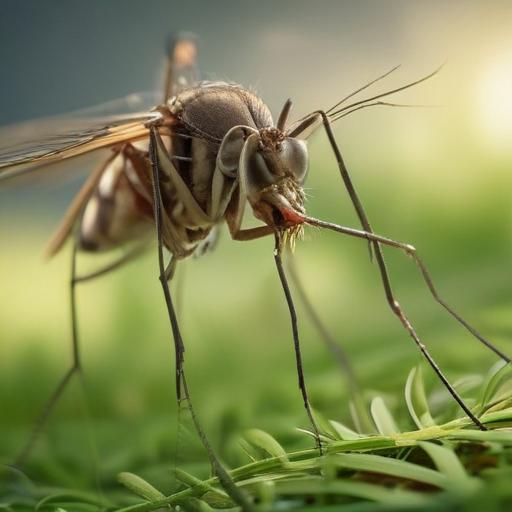Mosquito control efforts are ramping up in St. Charles and Geneva, as Clarke Mosquito Control prepares to spray both cities from dusk on Wednesday, August 6, until dawn on Thursday, August 7. This action comes after tests revealed the presence of West Nile virus in mosquitoes captured in a St. Charles trap.
The synthetic treatment employed by Clarke is considered safe for humans and pets; however, individuals with respiratory conditions are advised to stay indoors and keep windows closed during the spraying. Residents are encouraged to report any mosquito issues or stagnant water directly to Clarke using their online portal, clarkeportal.com.
Those interested in staying informed about upcoming spraying activities can sign up for advance notifications when they register on the Clarke platform or by calling Clarke’s Mosquito Hotline at 800-942-2555. It’s important to note that inclement weather may lead to rescheduling of the spraying.
The Kane County Health Department highlights that Culex pipiens mosquitoes are known carriers of the West Nile virus, primarily feeding on infected birds. These mosquitoes thrive in stagnant water sources like street catch basins, birdbaths, and ditches, making them more prevalent in warm, dry conditions. Residents are advised to check their screens on doors and windows to minimize indoor mosquito access.
While most individuals infected with West Nile virus exhibit no symptoms, some may start to feel ill between three to 14 days post-bite. About 20% of infected individuals do develop mild symptoms, which can include fever, headaches, and body aches. Serious complications, like encephalitis and meningitis, are rare but possible.
To help combat the spread of the West Nile virus, residents are recommended to eliminate standing water around their homes by discarding buckets and other containers that can hold water. Regularly changing birdbath water and emptying plastic wading pools at least weekly are also advised measures.
This proactive approach underscores the importance of community vigilance in monitoring mosquito populations to ensure public health and safety. With these measures in place, residents can stay informed and take additional steps to protect themselves and their families from mosquito-borne illnesses.
